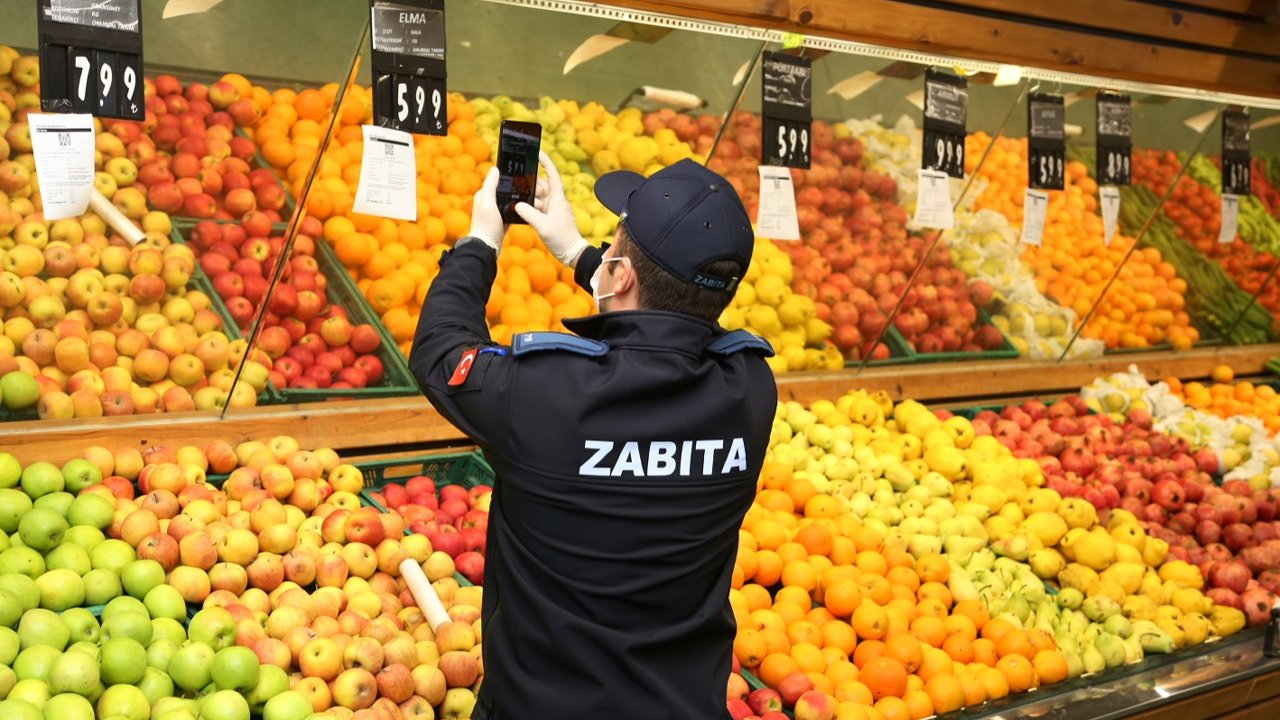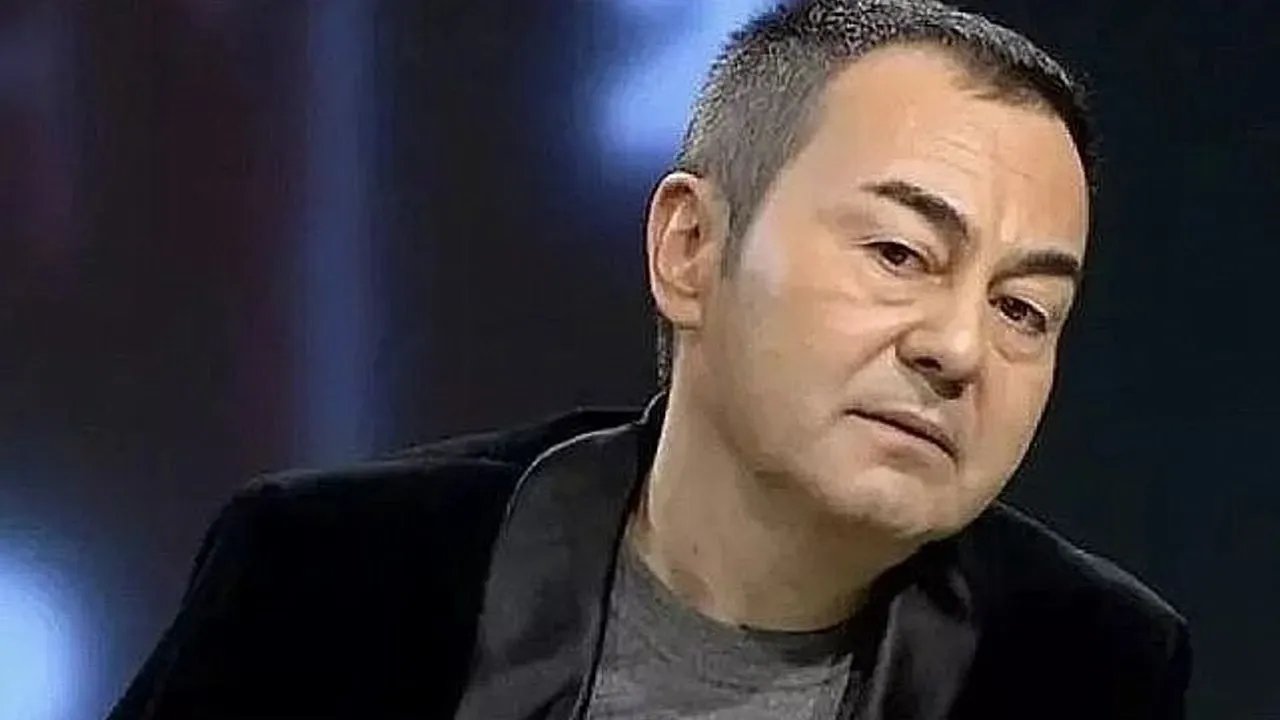Gaza remark signals Cameron's kick-and-run diplomacy
David Cameron jumped into the ever-sensitive politics of the Middle East with both boots flying today, determined to call a spade a bloody shovel and Gaza a "prison camp" that shamed all those, principally Israel, responsible for its enduring misery. Cameron's lunge was the diplomatic equivalent of Nigel de Jong's chest-high tackle of Xabi Alonso in the World Cup final. From Israel's perspective, he too was lucky not to be sent off.
If Britain's greenhorn prime minister, new to the global diplomatic game, felt he had gone over the top in his speech in Ankara, he did not show it. Speaking with Recep Tayyip Erdogan, Turkey's neo-Islamist leader, at his side, Cameron said his comments, including his condemnation of the 31 May Israeli attack on the Gaza flotilla, were "warranted" by the situation there.
"I speak as someone who is a friend of Israel, who desperately wants a secure and safe and stable Israel after the two-state solution has come about," Cameron said in a press conference after his speech. But if he thought he needed to balance his remarks, no help was forthcoming from his hard-nosed host. "The fact that this blockade [of Gaza] has not been lifted is a tragedy," said Erdogan, the self-appointed hammer of the Israelis. "This attack in international waters can only be termed piracy."
Turkey used to be Israel's best friend in the Middle East. But since he first weighed into the Israelis over last year's Gaza incursion, Erdogan's popularity ratings in the Arab world have soared and bilateral ties have shredded. To Washington's open dismay, he has also become a bit of an apologist for Iran and Syria. For Britain, this makes him a useful but risky ally.
Perhaps Cameron was geed up by Barack Obama in Washington last week. But so keen was he to cement what he called a "new partnership" and a "vital strategic relationship", anchored in Turkey's prospective membership of the EU, that he glossed over some of the more troublesome aspects of life under Erdogan's ruling Justice and Development party.
Thus he made no mention of Turkey's failure so far to bring its judicial system, its media laws, its civil protections and minority rights into line with EU norms. He ignored September's referendum on controversial government-framed constitutional changes, which critics say are authoritarian in nature, and skirted the Cyprus issue. And ignoring the upsurge in lethal violence in the south-east of the country, he suggested that Turkey's much put-upon Kurdish minority had a lot to thank Erdogan for.
Cameron's central arguments in favour of Turkish EU membership were hard to refute. Turkey does indeed have a fast-growing economy and youthful workforce that offers Britain (and Europe) potentially lucrative markets and skills. Turkey is an important Nato ally that has backed Britain in Afghanistan and in fighting terrorism. And as a secular, majority Muslim democracy, its accession would strengthen and broaden the EU while creating a bridge to the Middle East, the Caucasus and central Asia.
As with his criticism of Israel, a combative Cameron showed he would not pull his punches in backing Ankara's EU bid – or be slow to finger those who obstruct it. Without mentioning names, he effectively accused Nicolas Sarkozy, the French president, and Angela Merkel, the German chancellor, and lesser European powers such as Austria who also object to Turkish membership of protectionism, polarisation and prejudice.
Just to be clear, Cameron helpfully defined this latter category. The prejudiced were "those who don't differentiate between real Islam and the extremist version. They don't understand the values Islam shares with other religions like Christianity and Judaism … I will always argue that the values of real Islam are not incompatible with the values of Europe."
For good measure, he also had a pop at Charles de Gaulle, who temporarily blocked Britain's EU accession.
Cameron's implied criticism of key EU partners who have not done him any favours in the past, plus a shameless love-in with Turkey that will also dismay and annoy the Greeks and Greek Cypriots, suggests the new British government's uneven European relationships could yet grow fractious. Perhaps as he heads for India tonight, another target market for the "big society" writ large, Cameron will not worry too much what they are saying in Brussels or Jerusalem.
With its mix of energy and determination, this is Cameron-style kick-and-run diplomacy. Call it naive. Or call it radical. But it's certainly different.









